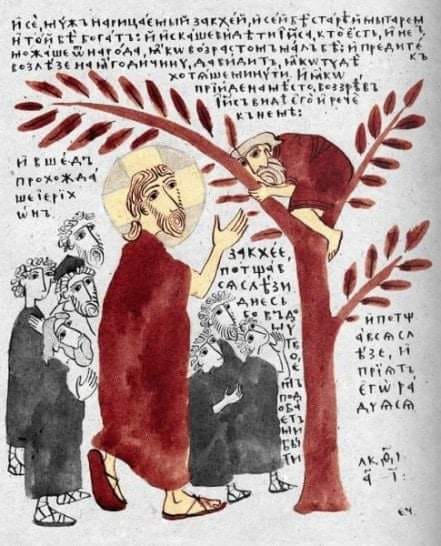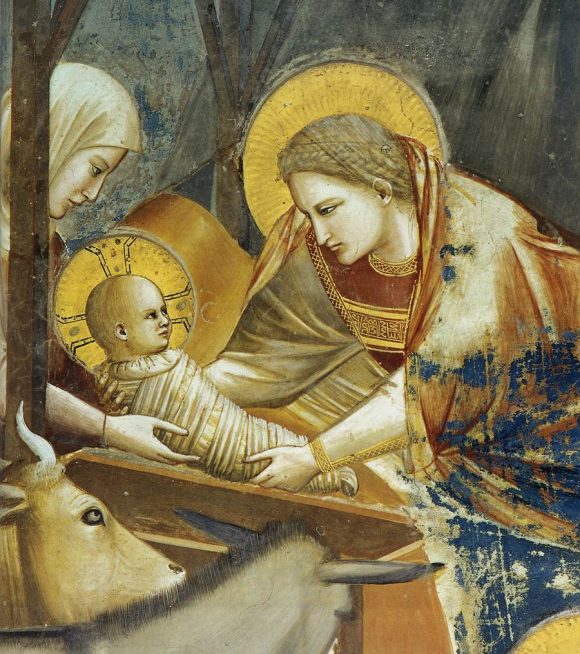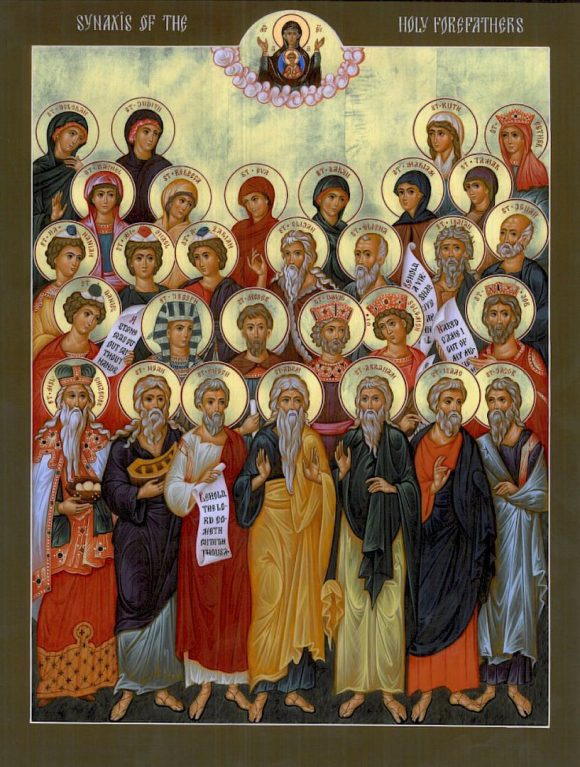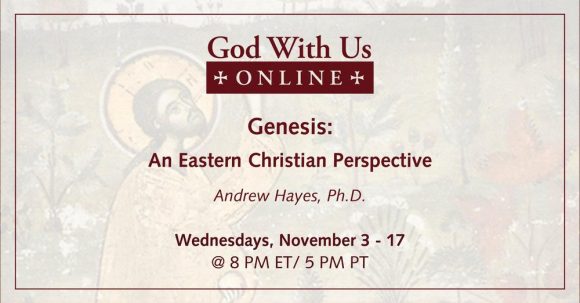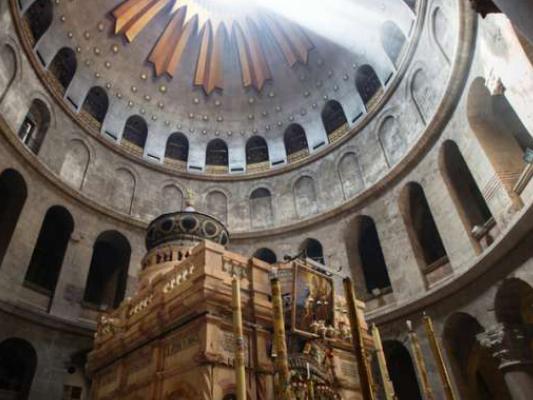Having just finished the Nativity Cycle we start moving toward the Lenten Cycle and Zacchaeus is our man. In fact, he’s the model of Christian conversion: turning toward the Lord.
“Zacchaeus, come down quickly, for today I must stay at your house.”(Luke 19:5) Today salvation has come to this house because this man too is a descendant of Abraham.” (19:9)
Jesus is passing through the town of Jericho and there is a crowd of people gathering to catch sight of the Lord passing by. Zacchaeus is one such person who had heard of Jesus’ talks (sermons) and miraculous deeds. However, Zaccheus has a disadvantage, an impediment: he is of small stature. So what does Zaccheus do? He climbs up a sycamore tree and this way he’d be able to catch a glimpse of the Lord passing by. This does not go unnoticed. Our Lord sees Zaccheus and says: “Zacchaeus, come down quickly, for today I must stay at your house.”
A reaction from the crowd follows. They had begun to grumble, saying, “He has gone to stay at the house of a sinner.” Zaccheus was a tax collector who worked for the Roman government. And thus Zaccheus was not well-liked and looked down upon. Besides that, the crowd is judgmental over the Lord’s decision to become a guest at a sinner’s home, namely Zaccheus.
Nonetheless, Zaccheus holds his ground, defending his integrity: “Behold, half of my possessions, Lord, I shall give to the poor, and if I have extorted anything from anyone I shall repay it four times over.” (19:8) Repayment or restitution fourfold is indeed a great amount. For according to today’s Catholic moral teaching, restitution or repayment is to be made as close to the value or worth of what was wrongfully taken.
There is a simplicity and honesty in the dialogue between Zaccheus and Our Lord. Zaccheus was not hard-hearted, but rather had an openness of heart by which God finds a path to enter. Yes, He can even enter the heart of any and every sinner, no matter how great a sinner he or she is. To Zaccheus, Jesus had become the source of true joy and happiness here on earth, but more importantly for all eternity.
Our Lord then addresses Zaccheus with these words: “Today salvation has come to this house because this man too is a descendant of Abraham.” (19:9) The repentance of the sinner and his conversion or change of heart is his salvation. The Lord then holds up Zaccheus as an example of what a true or sincere son of Abraham is to be.
The Lord then addresses words on his own defense and as a correction to the judgmental attitude of the others who objected to his visit: For the Son of Man has come to seek and to save what was lost.” (19:10)
May we have the ardent and persistent desire to encounter the Lord. And when an obstacle comes our way, may we have the ingenuity of Zaccheus. And when others are overly judgmental and question our honesty and sincerity, may we have the fortitude, the courage to stand our ground, to even stand out from the crowd. May we seek more to please the Lord God than to seek merely the favor of men. Let’s remember, the God Who knows and sees all will not let such go unnoticed and will be remembered on the day of Just Judgment at the Lord’s Second and Glorious Coming.
Fr George Worshchak
Archeparchy of Philadelphia

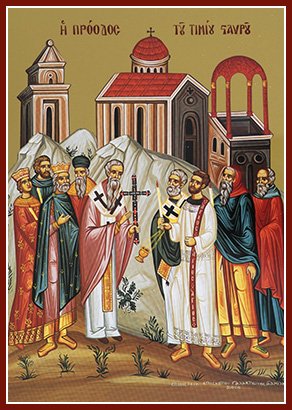

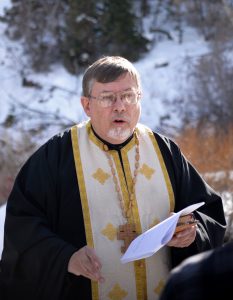 About the Instructor
About the Instructor